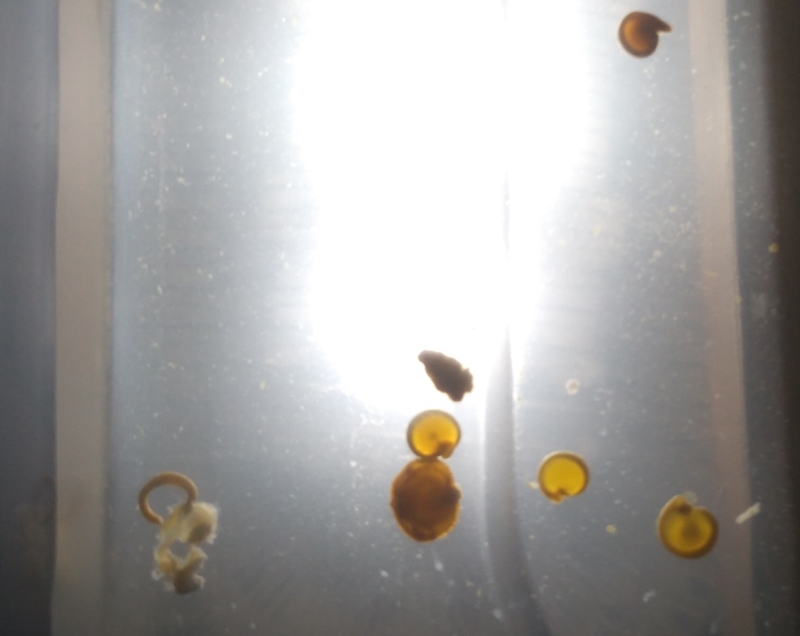

TINY BALLS OF MUCUS IN STOOL SERIES
Protozoan infection is also a source of concern because on invasion of the body, these single-celled parasites can cause a series of gastrointestinal issues, ranging from soft stools to vomiting and diarrhea. In terms of less complicated cases, cats may suffer vomiting, bloody stools, coughing, gagging and diarrhea. These worms are proven to cause serious outcomes if patients are not given instant treatment, out of which pneumonia, intestinal obstructions and even death are unavoidable. Likewise, adult cats take in such long parasites when eating rodents or infected animals. As for kittens, roundworms are likely to find their way into cat bodies through an infected mother’s milk source. Your cat stands a high chance of taking in various kinds of parasites via mouths. As time passes by, patients can suffer from the scaring of the mucosa, which in turn stimulates the growth of intestinal cancer cells. Poor digestion, nutrient absorption and abdominal upset are just three of common effects by IBD in the short run. Unlike the case of colitis, inflammatory areas caused by IBD aren’t relieved over the time but for prompt treatment. Although no one is totally sure about its exact origin, IBD is thought to happen as a consequence of food intolerance, intestinal bacteria, and hurt immune system. Inflammatory bowel disease causes inflammation to cells in the gastrointestinal tract at a chronic level, leading to damages in the mucosa of various regions, including small intestines, colon and stomach. Because the food passes through colon without many nutrients and water being retained in the body, symptoms of diarrhea along with signs of blood and mucous usually follow.

Consequently, it exerts great impacts on the gut’s motility and colon’s capability of water absorption and fecal storage. In the event of colitis, inflammation causes the separation of colon cells, making intestines’ lining become penetrable for water and secretion to go through. It is sometimes difficult to work out the root of inflammation, but it is somehow related to gastrointestinal disorders. Causes of Blood in Kitten Stool ColitisĬolon inflammation, or colitis, is the most common factor leading to blood in cat stool. This kind of bleeding often happens in cats’ stomach, esophagus, duodenum, and in some cases, mouth and nose region. Melena, or tarry-color blood, stems from damages in the intestinal tract, especially small intestines, where the blood is subject to color change as a result of the digestive process by enzymes there. However, the repeated occurrence of this phenomenon may show every indication of severe health problems, including cancer and parasite infestation in old and young animals respectively. A single incident of hematochezia shouldn’t be taken to your heart. Hematochezia, commonly known as bright red blood, is associated with bleeding in lower intestines namely colon and rectum. Categories of Blood in Kitten Stoolįecal bleeding is normally found in two major forms, depending on different sources of diseases: Hematochezia Getting a good grasp of possible causes and effective medical attention including first-aid care is likely to come in handy. It could come as a shock to spot specks of blood in kitten stool, but there are some things you can do to improve the situation. One of the most common phenomena is bleeding upon defecation. Under mistreatment, your lovely friend may suffer from health hazards, ranging from minor indigestion to even cancer. Raising a pet, especially cats, is not as easy as most people think.


 0 kommentar(er)
0 kommentar(er)
